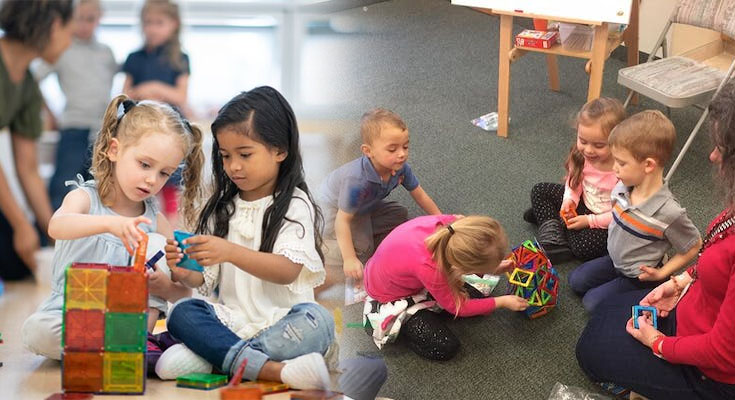
Montessori vs. Daycare
Choosing the right childcare for your child can be a difficult decision. Here, you’ll find some Montessori vs daycare notes. One option is a Montessori school. Another is traditional daycare. Both offer safety, love, and education for children.
Montessori schools are different than daycare centers in that they focus on respecting children’s independence and natural development. They also focus on teaching them to be self-disciplined.
Individualized Learning
Montessori schools often have lower student-to-teacher ratios than traditional classrooms and focus on individualized learning. Montessori teachers help guide students through their interests and challenges. This gives students more confidence and a pathway to success.
Montessori also helps children develop self-discipline. Instead of punishing kids for bad behavior, they focus on the root cause. For example, if a child hits another student with a block, the teacher might ask the kid why it was wrong. This can teach kids to think critically and …
Montessori vs. Daycare Read More

